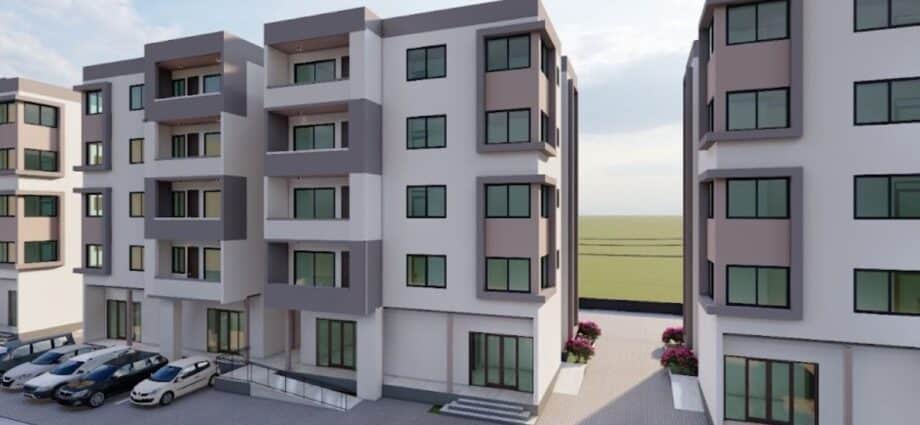
Unguja. The residents of the Kikwajuni Development Houses have expressed their dissatisfaction with the recent relocation order issued by the Zanzibar Housing Corporation (ZHC) and are calling for a housing model similar to that used in the successful Kwahani Project.
The call for a revised approach comes after a series of consultations between the Zanzibar Housing Corporation and the Kikwajuni residents.
Many of those who spoke to The Citizen have voiced concerns over the lack of inclusivity in the relocation process, feeling that the discussions have not adequately addressed their needs or concerns.
Call for inclusivity
In a survey carried out by The Citizen, the residents have pointed to the Kwahani redevelopment project as a positive example of how housing reconstruction should be carried out in a way that considers both the needs of the community and the goals of the government.
The Kwahani Project, which is a significant part of Zanzibar’s urban development vision, was initially aimed at revitalising old and dilapidated buildings to improve housing conditions for the people of Zanzibar.
The model used in Kwahani involved relocating residents temporarily during construction and then returning them to newly built homes.
The residents praised the approach for its fairness and transparency, with the government taking responsibility for facilitating the process and ensuring that no one was left behind.
Many Kikwajuni residents argue that the same principles should be applied to their relocation, rather than the current plan, which they feel may neither be beneficial nor transparent.
They argue that a similar approach, one that includes relocation support, transparency, and financial assistance during construction, would ensure that the process is smoother and less disruptive to their lives.
“We have seen the benefits of the Kwahani project, and we believe that the same model can work here in Kikwajuni,” one resident told The Citizen.
“What we need is a clear plan that includes us in the process and ensures that we are not left in limbo. We need to know how the relocation will happen, what support we will receive, and when we can return to our homes.”
They argue that they are leaving a neighbourhood where they have spent almost a lifetime, therefore it is not just about the funding but they are losing a lifestyle as well.
The Kwahani model
The Kwahani redevelopment was built on the legacy of the founding father of Zanzibar Abeid Amani Karume, whose vision was to improve housing conditions for Zanzibar’s residents.
The project focused on replacing old, poorly constructed homes—many of which had tin roofs, rotting boards, and even cardboard roofing—with modern, well-constructed buildings.
As part of the process, residents in Kwahani were given the opportunity to remove personal items from their homes before demolition, and the government provided financial assistance for temporary housing, as well as transportation costs for relocating their belongings.
Rent was paid for the duration of the construction period, and additional support was given to families to ensure that they could maintain their livelihoods during the 18-month relocation period, which was later extended by four months due to project delays.
The model was funded by ZSSF hailed as a success, with residents acknowledging that the government fulfilled its promises, and no one was left without support during the transitional phase.
ZHC’s reassurance
According to the Zanzibar Housing Corporation (ZHC), the Kikwajuni development is part of Zanzibar’s broader vision of modernising its urban housing infrastructure, providing safe and dignified living conditions for its residents.
Despite the doubts that the current residents have expressed, ZHC says that consultations will continue, and that they are committed to working with residents to ensure the success of the Kikwajuni redevelopment project.
Speaking at a recent meeting with the residents, which was organized at Vuga by the District Commissioner, ZHC Director Sultan Said Suleiman said he was aware of the shock that the eviction letter could have caused.
“We would first like to extend our apologies regarding the letter but we would like to assure that no one will be mistreated in the implementation of the ZHC projects,” he said
According to Mr Suleiman there are two categories of residents including those who own houses who will be compensated and those who are renting from ZHC.
ZHC says that their plan is to provide alternative housing for those who are willing and those who are not willing to move into the houses they will be provided with rent during the period of construction.
“There will be a special procedure for removing people from there, and no one will be evicted by force,” said ZHC director.














